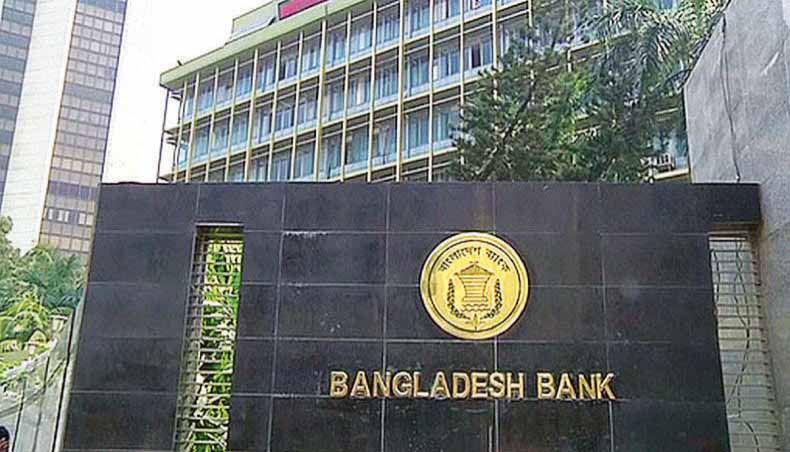Borrowing funds gets costlier as the central bank raises the benchmark interest rate to 5.75 per cent to control spiraling consumer prices pushed by raging inflation. Bangladesh Bank (BB) raised the repo rate, known as repurchase agreement in banking parlance, by 25 basis points-for a second time in three months-to put a brake on expansionary monetary regime. The BB belt-tightening action comes following decision made at the 56th meeting of monitory policy committee of the regulatory body, officials said. The central bank issued Thursday a circular regarding the major development that will be implemented with "immediate effect"-incidentally in the wake of rate hikes by central banks of different countries, including the Federal Reserve of the United States, after the corona-time spendthrift stances.
Economists say the enhanced repo rate will make credits that the commercial banks will borrow from the central bank costlier, with its knock-on impact on cost of funds for bank borrowers and on the economy in the end. However, the BB has kept the reverse-repo rate or RRR unchanged at which it borrows from banks at 4.0 per cent, according to the circular. Usually, central bank increases such policy rate in an attempt to rein in high consumer prices, which have been creeping up as per official count. But public perception of inflation is much higher than the official measurement.
People familiar with the matter told the Daily post the decision came amid soaring prices of foods and other consumer items, with inflation climbing and higher global prices filtering through into Bangladesh mainly because of the Russian-Ukraine war. Economists` views are, however, mixed as some argue that this is necessary to contain the inflationary pressure while some others say this will not do anything in a market where the lending rate is capped at 9.0 per cent. Dr Habibur Rahman, Chief Economist at the central bank, said, "We want to tame the inflationary pressures and this instrument will work in that direction.
"Actually, it will enhance the cost of funding for the banks and subsequently affect the credits " he told the daily post. Dr. Rahman feels that banks would not come to the central bank for funds. On the other hand, Dr. Zaidi Sattar, chairman of the Policy Research Institute of Bangladesh (PRI), told the daily post that the increase in the repo rate is not enough to control inflation.
Dr. Sattar, a renowned economist, says Bangladesh now needs to restrain imports in order to bring the inflation under control. Export and remittance earnings are quite okay, now the need is to restrain imports. "If imports are to be restrained, it will be favourable for both current account and exchange rates." The economist also hints that there is a need for contractionary money policy in a broader sense to tame the inflation. Dr. Zahid Hussain, the former lead economist of the World Bank, told the daily post that this would not transmit into other variables as there is a cap on lending.
Banks in Bangladesh have been maintaining the highest ceiling of 9.0 per cent in lending. None can go crossing the line, according to him. "Banks usually borrow such funds from the central bank to meet their short-term deficits. So it will not impact much on the credit flows," he predicts. Usually, after an increase in the repo rate or repurchase agreement, lending should be slow as it will tighten the money supply. Then it will affect investment and consumption. And the last consequence is lower inflation. "If there is a cap on the lending, it will not work," says the WB economist about limited impact of the measure. He, however, feels this is symbolic-this is not credible.
JH






